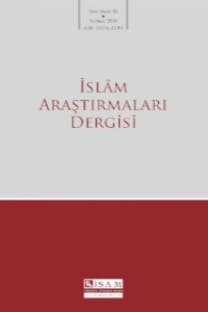Stolen Honor: Stigmatizing Muslim Men in Berlin
In Stolen Honor cultural anthropologist Katherine Ewing presents a fascinating study of the masculinity of Muslims of Turkish descent in contemporary Berlin. Commonly — and increasingly since September 11, 2001 and the murder of the Dutch filmmaker Theo van Gogh — the Muslim man in Germany is considered to be iconic of tradition (i.e. not ‘modern’), of patriarchy and the oppression of women (i.e. contrary to Enlightenment values like equality), and of violence (i.e. not rational). In short, the Muslim man has come to be the ultimate ‘other’ to modern, secular, enlightened German identity, a screen on which many in Germany today project their fears, hopes and desires regarding what German society is, is not, and what it ought to be. Both the dynamics of these projections and the ways in which they are experienced by Muslim men themselves are the main topics explored by the book. The book is one of a now quite large body of social research that is inspired by and builds on the approach of feminist theory to gender, employing it fruitfully in studies of masculinity. It draws on a wide array of source materials, including observations and interviews from the author’s fieldwork, historical materials, audio-visual media, and the scholarship of others.
Keywords:
Stolen Honor, Katherine Ewing German identity,
___
- Ewing, Katherine Pratt, Stolen Honor: Stigmatizing Muslim Men in Berlin, Stanford: Stanford University Press, 2008.
- ISSN: 1301-3289
- Yayın Aralığı: Yılda 2 Sayı
- Başlangıç: 1997
- Yayıncı: TDV İslâm Araştırmaları Merkezi
